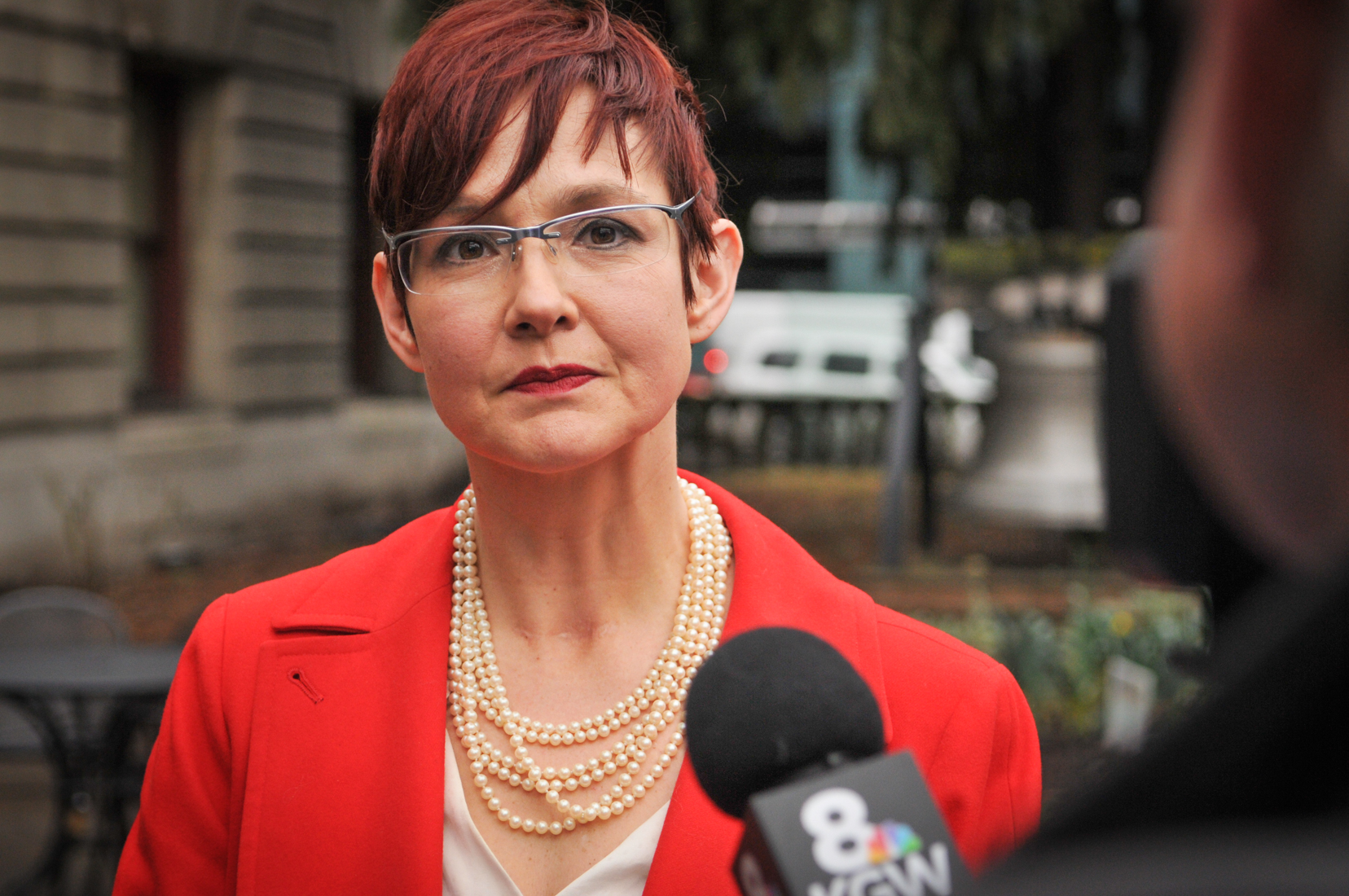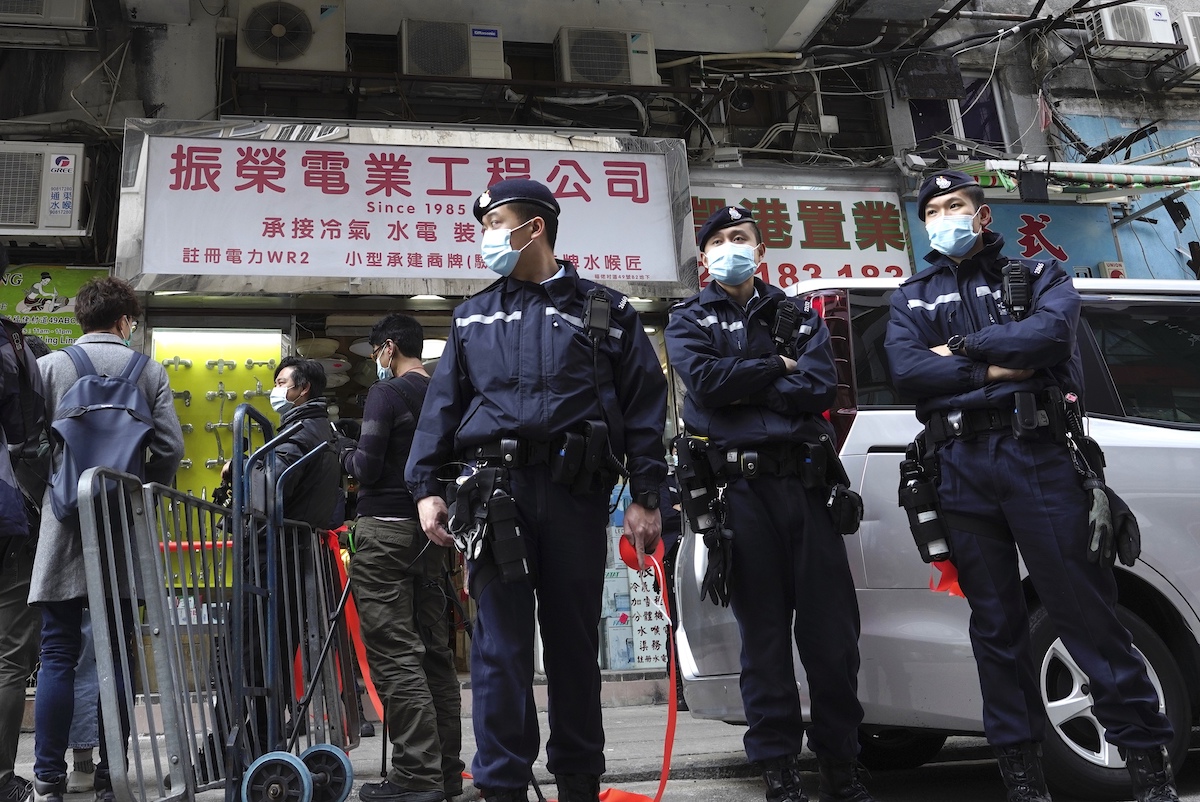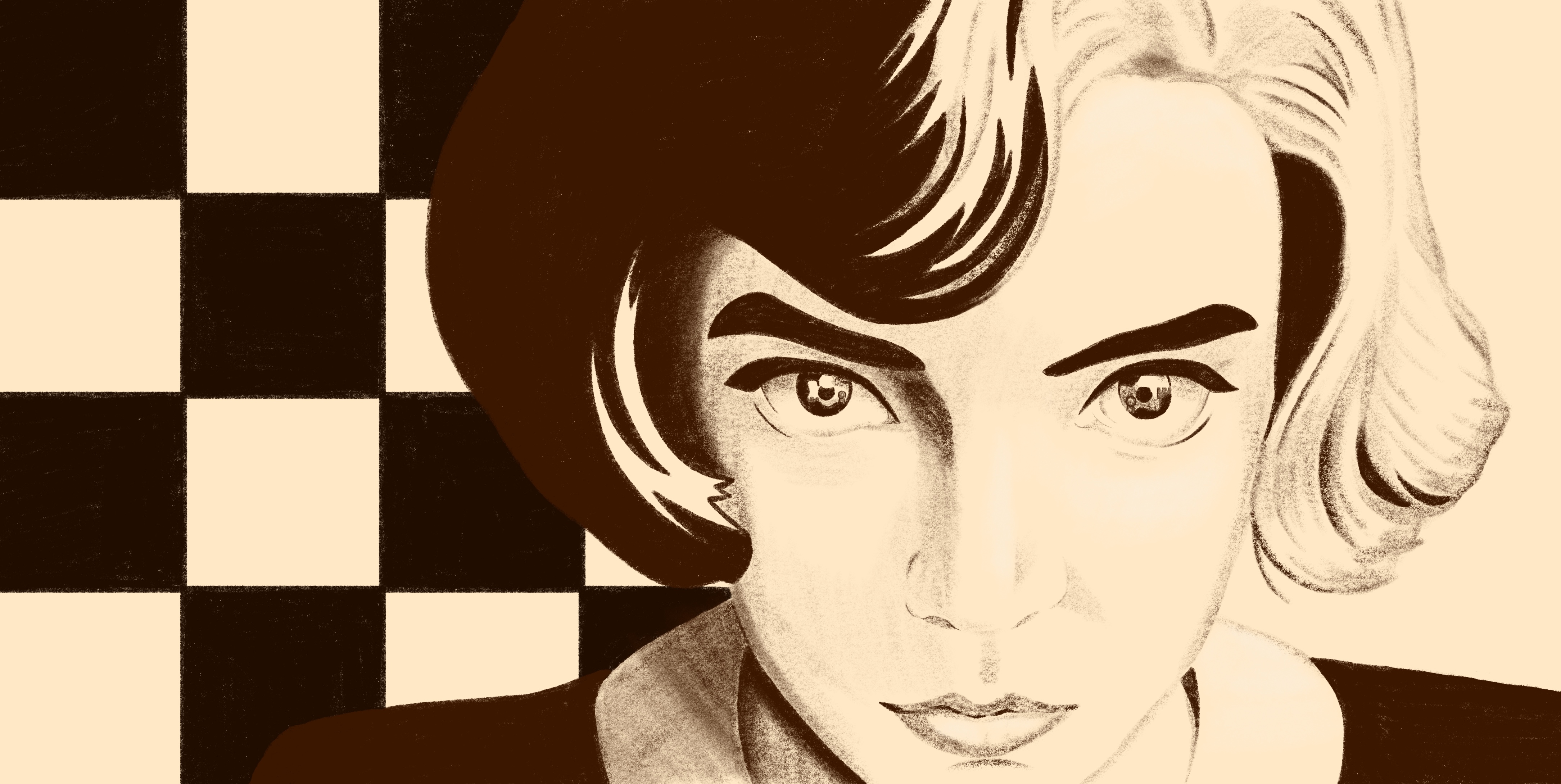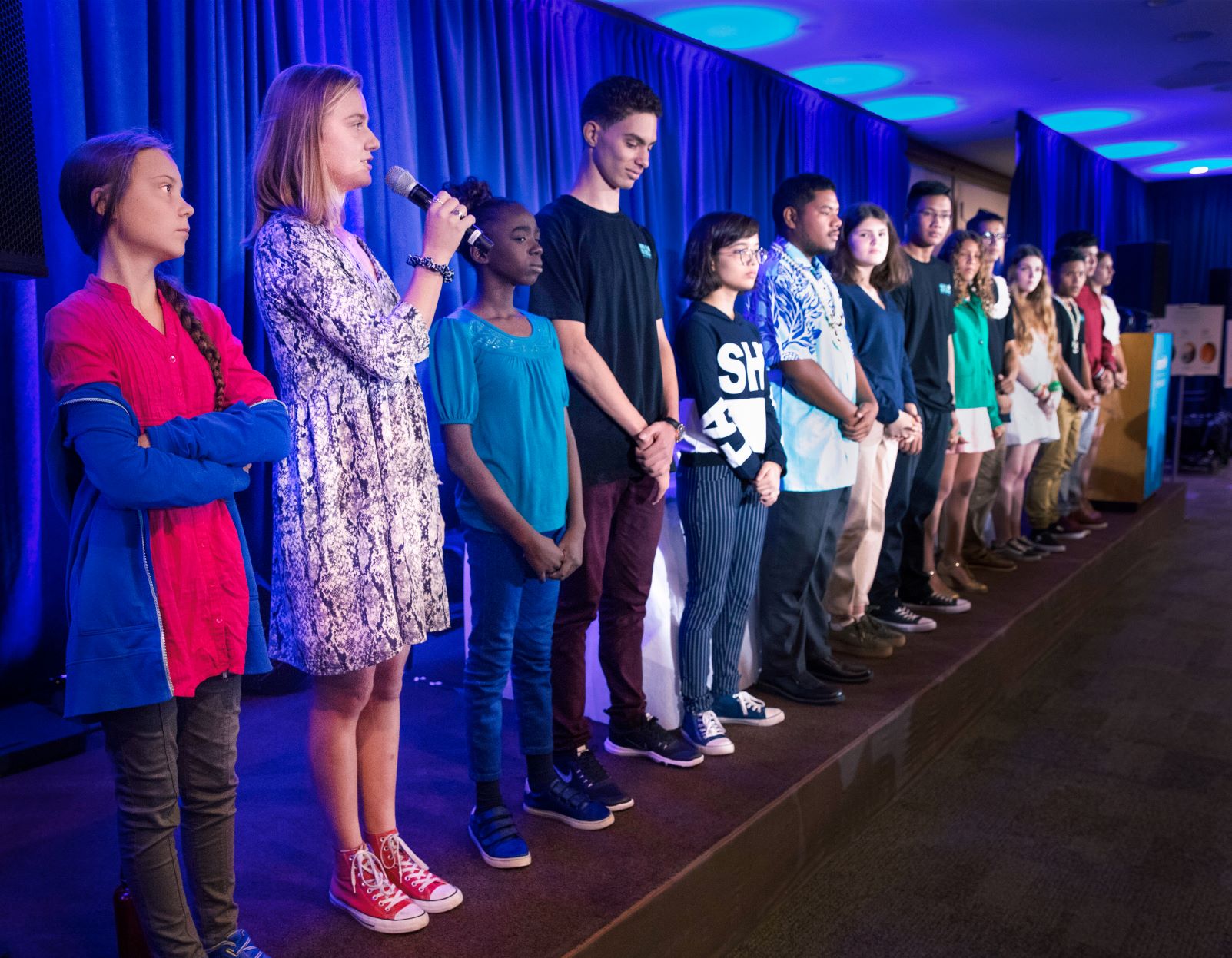Sarah Iannarone is a former Portland mayoral candidate and Portland State alum. Iannarone first ran for Portland mayor in 2016 as a progressive candidate. A political outsider, Iannarone had never worked in city government, and she lost decidedly to Ted Wheeler. In 2020, Iannarone ran again, nearly unseating the incumbent Wheeler after his popularity sank due to his handling of nightly protests. She garnered coveted endorsements from fellow progressives such as Vermont Senator and former presidential candidate Bernie Sanders, as well as Portland City Commissioner Jo Ann Hardesty. However, despite her campaign’s momentum, Iannarone narrowly lost to Wheeler. Since then, Iannarone has started a progressive political action committee. She’s also begun working for The Street Trust, a Portland advocacy group.
Portland State Vanguard: First of all, you are a PSU alum—what did you study and how does it apply to what you do now?
Iannarone: I focused mostly while I was at [PSU] on Urban Studies and Planning. I graduated with a B.A. back in 2005, and then I entered into a PHD program that I didn’t finish.
I was focused on planning sustainable cities, so that’s how I got into the work I’m in now. But even more than that, I was an employee at the university for a long time, and the work that I did there was with a program called First Stop Portland. My job was to host city leaders from around the world who came to exchange ideas around making good cities.
That’s where I got most of my education, you know, you learn by doing. We also got to work with a lot of nonprofit sectors around the city, introducing them to the visitors. It was a really great gig and I had such an amazing time.
VG: What do you hope Ted Wheeler realizes or comes to terms with during this term as Mayor?
Iannarone: The one complaint that I always had with him and people like him is that they think they’re the smartest person in the room and that they have all the answers. And that’s not an ego question, or a personality question, but a leadership question at this time.
I think the protests are a perfect example. To be an effective leader, as someone with privilege, especially with white privilege, in the middle of the Black Lives Matter movement, it’s important to humble yourself in the midst of the movement. It doesn’t mean you have to be a weak leader, or that you have to be dragged along necessarily by any certain faction in a political movement, but you have to immerse yourself in the various parts of your community so you can understand and lead your community. It always just feels like he’s the mayor for a small set of people. So if he could get into the community and just listen without having a preconceived notion of what he wants to do, I feel that’s what the mayor needs to be doing right now. We’re in complete chaos from the events of the summer. We’re in complete chaos at the national level. We’re in complete chaos locally by virtue of COVID-19 and also all the injustices. Gun violence epidemic, traffic violence epidemic—how are you possibly going to lead this city unless you can spend the time in and with those communities? By hearing. Be in community and for community if you want to lead a community.
VG: If you were on city council right now, what would you change?
Iannarone: My agenda around public safety would be much different than the mayor’s. Whenever there’s a problem with public safety—whether it’s gun violence, more protests, or even traffic violence, inter-partner and domestic violence, which is never even on the agenda—you never hear about it. Violence toward people experiencing homelessness, especially in the forms of sweeps and displacement; the violence in gentrification and in racism—how I even talk about things would be so much different. I would not be leaning into law and order, and my response whenever there is a night of conflict would not be to call the police.
I want to talk again to the community and say, look, what do you need to be safe? What do you need so that you’re not out here protesting night after night? When [Wheeler] says things like, “There are certain people that just want to see the world burn,” why would you say that? People would rather be home baking bread and brewing kombucha. My neighbors don’t want to see the world burn. They want to see the world just. They want to see the world sustainable for future generations. They want to see people inside homes. So why would you be so dismissive of our activist community like that?
Also, I would have given the Police Bureau to [Commissioner] Hardesty.
VG: What would have been your policy goals for the city in the next year?
Iannarone: Trying to find a way to establish peace here would be a very big thing. We have major problems that we are facing that’s going to take us years to work out. So I would be spending the year doing a lot of community summits, bringing branches of people together. Pretty much all the time that I wasn’t in council or working on policy work that was mandated of me, I would be working on bridging communities so that we can have a more unified city. Because we have some important tasks coming up.
We have to look at our charter, and figure out what our local government is going to look like. We have to look at [COVID-19], and the economic fallout and think of creative responses to that. I think there are entrepreneurs and small business owners and even investors all over the city who have a lot of creative ideas, and we need to almost think more entrepreneurial about that. And then there’s the basic day to day stuff like housing and transportation to make sure this city is well prepared when and if this city finally gets this pandemic under control—that we are able to open up with efficiency.
VG: Let’s move on to the present. You’ve been involved extensively in local activism—how will you be continuing this activism into the new year?
Iannarone: I am so grateful to have almost what could be described as my dream job. So the Street Trust once upon a time was founded as the Bicycle Transportation Alliance, and they were the premier cycling advocacy group that really laid the foundation for Portland becoming a cycling city. But as we know, so many of the things that have worked in Portland for small groups of people have tended to exclude others.
Back in 2016, the BTA did a rebranding process and a reorienting to become the Street Trust—they moved beyond cycling to active transportation and transit access, and began to rethink injustice and inequities inside their organization and out in the world, in order to become a much more intersectional—literally and figuratively—organization working at the crossroads of housing justice, mobility justice and climate justice. They had some leadership turnover, so for me to be able to take my visibility coming off the mayoral campaign, and my passion for that issue, and my background in it, is getting paid to do what I already love to do. That’s phenomenal and I’m so grateful to be in that position.
VG: What issues are you most focused on currently?
Iannarone: I’m actually looking forward to having to not focus on all the issues. When you’re running for mayor, as much as I love being a generalist and having an opinion on everything, it is pretty exhausting to have to maintain policy expertise across every single realm without a staff. On the campaign, I had an amazing staff, and that’s how I kept up with such wonderful policies, because they connected with those community groups to help come up with that policy.
I keep wanting the mayor to steal them, steal them please—especially the disability justice platform that we put out, it’s phenomenal. The gun violence prevention, phenomenal. But I can’t work in all those subjects, so focusing on climate action and the relationship between transportation and urban development is going to be a big one for me.
VG: You’re also involved in Our Portland, a political action committee powering progressive solutions. Can you tell me a little about that and what kind of progressive solutions they seek?
Iannarone: I will also be keeping on top of the PAC that was put in place in part because I was a publicly-financed candidate during my 2020 campaign, so I can’t really use that account to do fundraising and other things apart from running for mayor. We set up the PAC so I would be able to use the capacity that we built so we can keep growing it for progressive issues—making sure that we’re getting progressives elected, and making public policy.
I imagine us working on public banking, accessible broadband, fareless transit, affordable housing—all of those things that are good for Portland. But we’re starting with education—and that’s related to my background at [PSU]—where if you educate people first and give them a shared language, then have the conversation about what we should do next, we have a baseline. We have a value set. We have a common history about what worked and what didn’t.
VG: Recently we had an attempted insurrection at the Capitol. What are your thoughts on that and what would you say to those who feel helpless in this moment?
Iannarone: You know, I took a lot of hits for saying I was anti-fascist, and that if you stand on any side that isn’t fascism, then you are antifa, because we’ve allowed that commitment to anti-fascism to be so hijacked. Liberals allowed that to be hijacked. We saw what [Wheeler] and his super PAC did against me by saying, “She’s antifa, she’s antifa, she’s antifa”—that feeds what’s going on in Washington.
It’s unconscionable as a progressive stronghold. If we’re gonna take those hits on Fox News, then our leader should be standing in unity saying, “Portland is an anti-fascist city. We are all going to come together to say that white nationalism has no place here. We are going to fight to maintain an inclusive place that is a sanctuary to all who need it.” That should be un-equivocating. You shouldn’t lean in to those alt-right dog whistles for your own personal or political gain. We need to be principled in this moment. It’s that equivocation that I believe has gotten us here more than any fringe movements on the left or the right. Those of us who have been in the streets for the four years that Trump’s been in office have been talking about this. We have been predicting this since Heather Hayer, since Jeremy Christian. We watched these people come in and sow hate, largely without any consequence.
I was so surprised when I saw Biden talk with more clarity about antifa than I’ve ever seen from the Portland mayor. To me, it was actually a glimmer of hope—that he gets it. And as a leader, you can’t be dragged along by public opinion. You have to set the course. That’s what leadership looks like. This moment, I believe, deserves steady leadership towards anti-racism, equity and justice. I hope that we as a community can continue to work on that.
VG: Do you have any advice for young people that want to get involved in activism, mutual aid, or the political environment?
Iannarone: I’ve thought about this a lot, and there’s two things that I would suggest. One is don’t assume that you need to start something new. There are so many people that have been activists for so long—I worry that getting new people engaged, everyone thinks they need to start a new organization, or a new group, when there are so many groups that have institutional memory and strong connections to community infrastructure that already exist. You, just as a single body, going and being a part of that, could strengthen them in ways that you don’t even know.
What does that mean to go forward with urgency, but also with care and patience? That can feel contradictory sometimes, especially for young people. The moment that they get excited, young people are so powerful. You don’t want to say, “cool your jets,” because you don’t want to tamp down the excitement, but you do want to get them in.
The other one is to stay optimistic as a tool. These times are hard for everyone, so do what you have to do to stay upbeat. If that’s TikTok, if that’s your blog, if that’s writing news articles, stay upbeat in your persona and in your presence in the world.
VG: Finally, it might seem a little soon, but are you planning on running for mayor of Portland in 2024?
Oh, I’m trying to get through to the fourth month of 2021. I just got a job for the first time in a while, but I’ve been campaigning full time, so let’s just say check in with the PAC—we’ll be supporting progressive candidates and issues for a very long time. I’ll be around no matter what.






